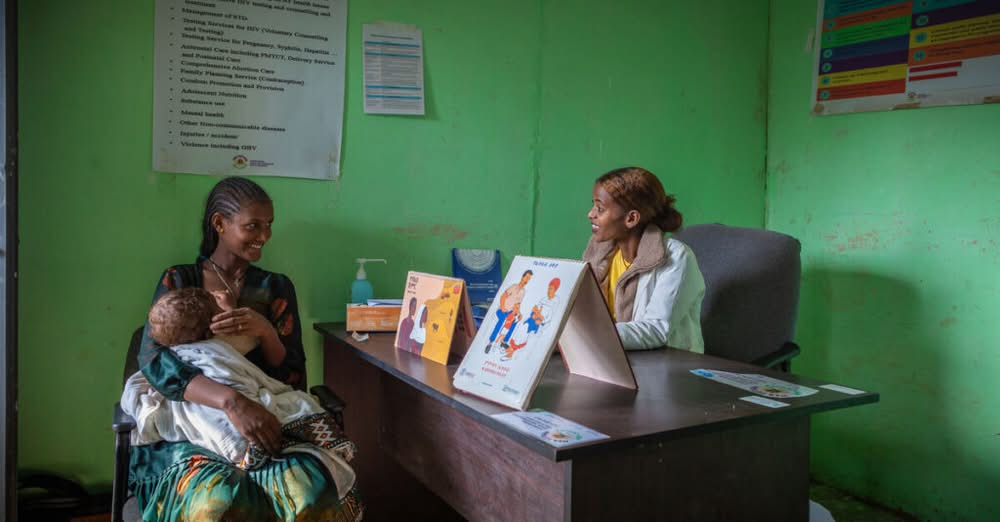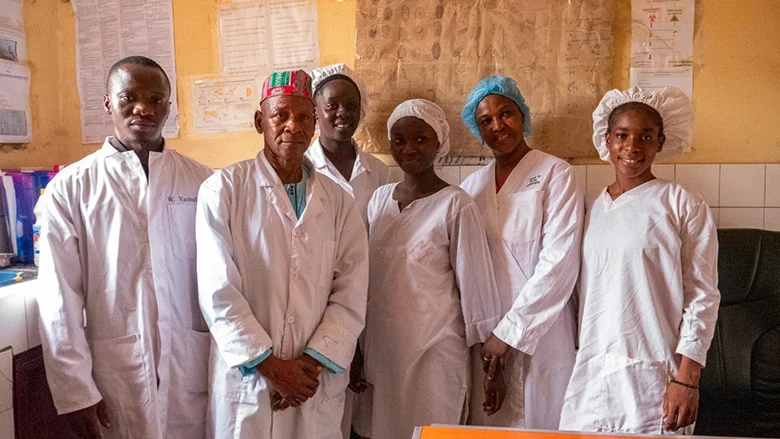Law on Compulsory Health Insurance and Health Care of Foreigners in the Republic of Croatia
Health insurance and healthcare for foreigners in Croatia is governed by a special act - Compulsory Health Insurance and Health Care of Aliens in the Republic of Croatia Act, which is effective from April 16, 2022 (reference to publication: Official Gazette No....

Big Tobacco Continues to Thrive off Health-Harming Products
Tobacco, alcohol, and sugar-sweetened beverage (SSB) industries showed strong financial performance during and after the pandemic, despite initial setbacks. Experts urge raising health taxes to curb consumption and offset industry resistance. This blog post was first...
National Development Strategy VISION 2030
The National Health Agenda is guided by the National Development Strategy, VISION 2030 Many Hearts, Many Voices, One Vision. Goal 4 states that the Healthcare System of Trinidad and Tobago will be sustainable and modern and deliver higher standards of healthcare. In...
Resource use and impact of strengthening Malawi’s public health system, 2015–2019
The research article "Estimates of resource use in the public-sector health-care system and the effect of strengthening health-care services in Malawi during 2015–19: a modelling study (Thanzi La Onse)" by Prof. Timothy B. Hallett, PhD, Tara D. Mangal, PhD, Asif U....

Addressing the missing target in World Bank’s push for universal health coverage
As the World Bank prepares for the 21st replenishment of its International Development Association (IDA) funds, Oxfam has raised critical concerns about the omission of financial protection measures in the proposed health policy package. Despite the Bank’s commitment...
Compulsory Health Insurance Act of the Republic of Croatia, 2023
Compulsory health insurance in Croatia is provided by the Croatian Health Insurance Institute. Compulsory health insurance provides all insured persons with the rights and obligations on the principles of reciprocity, solidarity and equality. Compulsory health...
Extending Social Health Protection in Brunei Darussalam
Brunei Darussalam has the second-highest GDP in Southeast Asia. The country offers free and comprehensive healthcare services through a network of public health facilities. This system is fully funded by the government, with the majority of healthcare financing...
Examining health equity in Nepal’s climate change and health policies through the lens of environmental justice
In Nepal, lack of shared understanding of health equity across sectors hinders coordinated policy efforts. There is an urgent need to expand climate change responses to consider specific health vulnerabilities. By positioning health equity as a key element of...
Extending Social Health Protection in Singapore
Singapore applies a “mixed payer” social health protection model which is built around four central philosophies: the importance of personal motivation, targeted subsidies, a strong survival motif, and the use of market mechanisms to enhance efficiency. This country...
The impact of the expanded health insurance coverage policy on healthcare spending
In South Korea, the "Moon Care" policy was implemented in 2017 with the goal of reducing co-payment rates for healthcare costs by expanding national health insurance coverage up to 70%, in order to protect citizens from financial hardship due to healthcare...
The 2022 restructure of Aotearoa New Zealand’s health system
Aotearoa New Zealand has restructured its health system with the aim of addressing inequities in access to healthcare services and health outcomes, particularly among the indigenous Māori population. In July 2022, two new organizations, Health New Zealand and Māori...
Value-based payment for high-cost treatments in Singapore
Risk-sharing agreements (RSAs) have been introduced to allocate risk between payers and pharmaceutical companies, often taking the form of outcome-based or financial-based models. This study seeks to explore the perspectives of key stakeholders within Singapore’s...

Free medical care a reality in Guinea
Reproductive and child health services are now accessible thanks to the Health Services and Capacity Building Project (PRSCS). This World Bank-funded project has increased the number of births attended by skilled health personnel by a factor of more than ten. At the...

Targeted free healthcare for the needy in Matoto
Out of 81 cases examined by the Technical Department for Indigence and Health Infrastructures, 41 are now benefiting from free health care. In Matoto, one of the twelve communes that make up the city of Conakry, the Indigence Fund has handed out vouchers. According to...
The impact of the health microinsurance on the utilization of health services among migrant workers
Despite the implementation of public health insurance schemes for migrant workers in Thailand, coverage gap exists within this population. The M-FUND is a low-cost, not-for-profit health protection scheme designed specifically for migrant workers in Thailand,...
